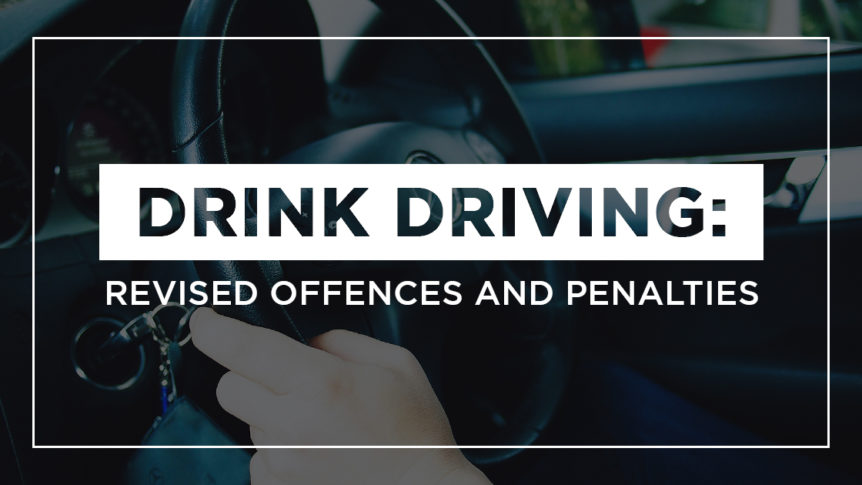Drink driving is amongst the most common criminal offences in New South Wales. If people elect to drive a motor vehicle, they must abide by legislation governing their conduct on roads. This includes adhering to the acceptable level of blood alcohol concentrate whilst operating a motor vehicle.
Drivers are often unaware of the various drink driving offences and corresponding penalties. Generally, it is widely known that if you hold a full drivers licence the acceptable level of blood alcohol concentration is up to 0.05 whilst operating a motor vehicle. There are however, different offences and corresponding penalties depending on the type of drivers licence held and blood alcohol concentration reading.
In New South Wales, there are five (5) types of drink driving offences and corresponding penalties. The offences include novice drink driving, special range drink driving, low range drink driving, mid range drink driving and high range drink driving. Each offence relates to a specific blood alcohol concentration reading. If you ever find yourself in such situations, it’s always best to contact a team of expert solicitors in Wollongong to help you.
The offence of novice range drink driving is a drivers blood alcohol concentration reading of 0.00 to 0.019. This offence range is applicable to drivers who hold a learner drivers licence and provisional drivers licence.
The offence of special range drink driving is a drivers blood alcohol concentration reading of 0.02 to 0.049. This offence range is applicable to drivers who hold a learner drivers licence and provisional drivers licence as well as bus and taxi drivers while operating the service.
The offence of low range drink driving is a drivers blood alcohol concentration reading of 0.05 to 0.079. The offence of mid range drink driving is a drivers blood alcohol concentration reading of 0.08 to 0.149. The high range is the range drink driving is a drivers blood alcohol concentration reading of 0.150 and above. The offences of low, mid and high range drink driving are applicable to all drivers operating a motor vehicle, regardless of the type of drivers licence held.
From the end of 2018, harsher penalties will be imposed on all drink driving offenders. In particular harsher penalties will be imposed on low range drink driving offenders, even for a first offence. The penalties for low range drink driving will include fines up to $2,200.00 and immediate loss of licence for a minimum of three (3) months.
Under the new penalties, mid and high range drink driving offenders may be fined up to $5,500.00 and be subject to Court orders providing for an offender to have an interlock device installed in their motor vehicle, complete a behavior change program, having their motor vehicle impounded, confiscation of licence plates and/or imprisonment of up to two (2) years.
The penalties to be imposed for each drink driving offence are determined by the Court on a case by case basis. The penalty will vary from case to case depending on various factors, such as the time of the offence, the number of passengers, whether the driver is a first time or repeat offender and the level of the blood alcohol concentration reading.
In addition to the range of drink driving offences set out above, drivers may also be charged with driving under the influence of alcohol or refusing/failing to provide a breath test or analysis. If you are in legal trouble for refusing a breath test, it is important that you immediately seek professional advice from lawyers in Wollongong.
The offence of driving under the influence is different to the various drink driving offences above, as it is an offence which is usually based on observations rather than a blood alcohol concentration reading. The observations are based on the behavior of the driver, such as unsteadiness, slurred speech, the smell of alcohol on a driver’s breath or glazed eyes. The offence of driving under the influence enables police to charge drivers without a blood alcohol concentration reading and rely instead on their observations of the driver as evidence.
The offence of refusing a breath test relates to a driver refusing or failing to provide a sample of breath to police upon direction. This generally occurs prior to police conducting a breath analysis.
The offence of refusing a breath analysis is different to refusing a breath test. This offence relates to a driver refusing or failing to provide a sufficient breath sample. This is generally conducted subsequent to a breath test (and generally at a police station). A driver is generally afforded three (3) attempts to provide the sufficient sample which will be analyzed, failing which the offence is issued.

